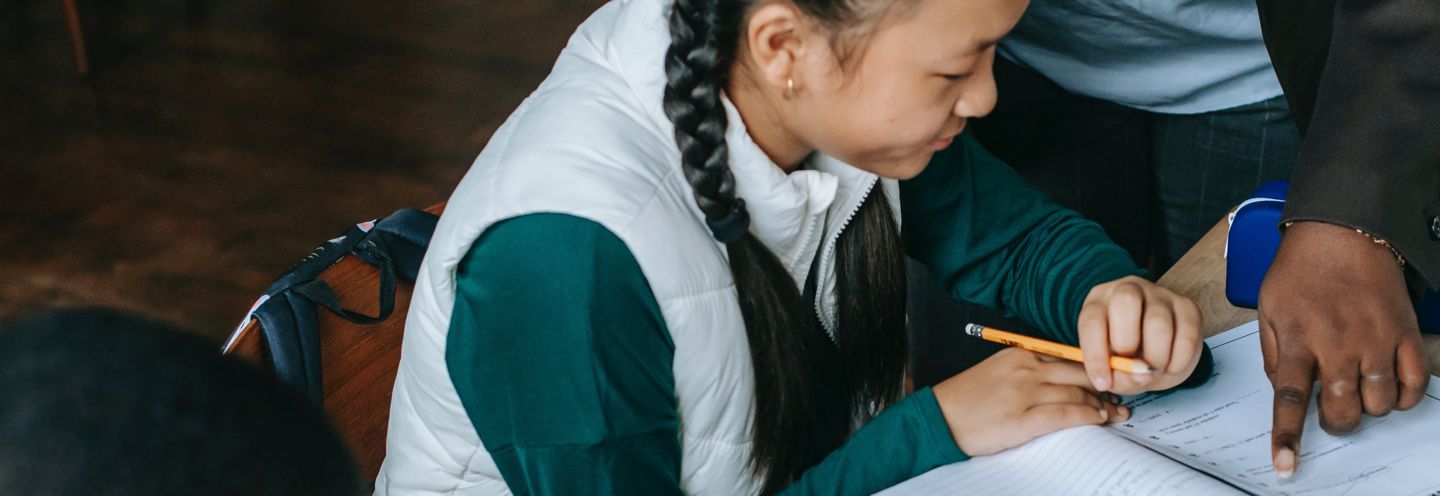Teacher Resources | 233 Results

This lesson introduces students to the online marketing techniques that are used to target children on the Internet. It begins with a guided discussion about the similarities and differences between

In this lesson students learn about the ways that propaganda techniques are used to promote hatred and intolerance online.

In this lesson, students use mind maps to explore concepts of “respect” and “consent” in an online context. They consider a wide range of scenarios that shed light on different aspects of consent

This lesson introduces students to the ways in which packaging is designed to attract kids.

In this lesson, students discuss their experiences playing free online games and then learn the costs of these “free” games in the form of paying with money, sharing personal information or providing

In this lesson students develop an awareness of the ways in which public perceptions regarding young people have been affected by media portrayals of youth violence and youth crime.

In this lesson, students are introduced to the idea that their gaming experiences may compromise their personal information.

This lesson helps students understand the different perceptions of the police force portrayed in the media. Students will learn about the differences between the constructed reality of media and law

In this lesson, students decode and explain the relevance of editorial cartoons. The class begins with a teacher-led deconstruction of a political cartoon, after which students decode editorial

Popular Music and Music Videos is part of a three-lesson unit designed to introduce students to the concept of popular culture and the role that it plays in their lives.

